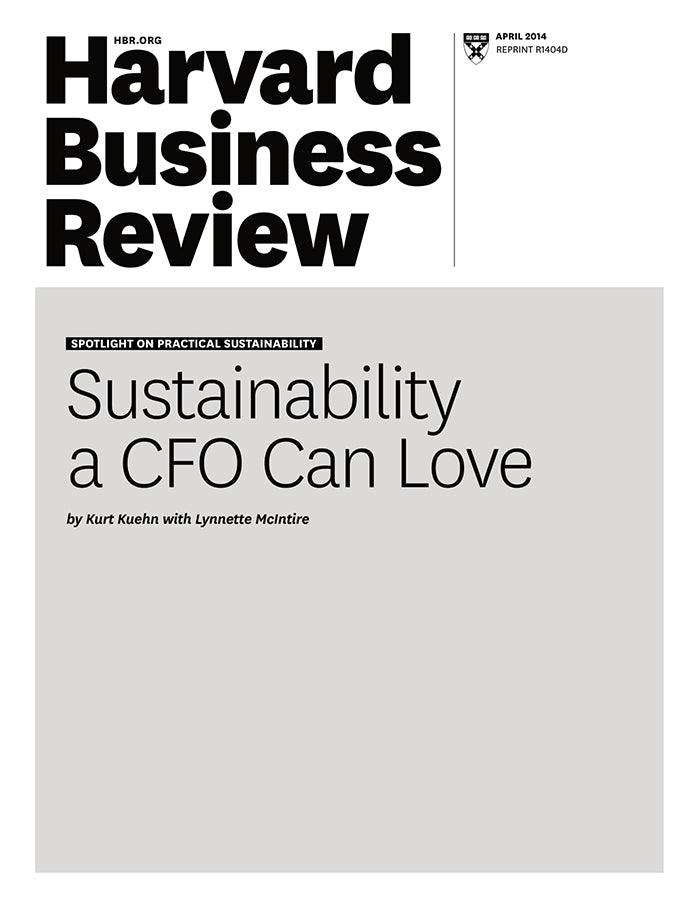Sustainability a CFO Can Love
受取状況を読み込めませんでした
As the CFO of UPS--and a founding member of its sustainability steering committee--Kuehn wrestled with the question of where and how to most effectively direct the company's resources. The approach he developed is rooted in two beliefs: Companies have a responsibility to contribute to society and the environment, and every investment a company makes should return value to the business. These beliefs don't have to be at odds, he writes, although they often mean that sustainability programs must be subjected to alternative financial evaluation models. In fact, the programs with the most impact not only align with companies' strategies but move in tandem with those companies' activities. UPS's breakthrough came when it recognized that efficiency would be greatest in any initiative where momentum existed and where the company was positioned to make a pivotal or tipping-point difference. To guide its sustainability choices and investments, UPS has implemented a clear process of (1) assessing its strengths; (2) choosing its spots; (3) finding momentum; (4) building productive partnerships; and (5) convening other sources of strength. This approach avoids missteps such as executive pet projects and directing the volunteerism of employees to tasks at which they are not actually good. Kuehn draws lessons from UPS's own experience and from that of others, including Campbell Soup, Pfizer, and Marks and Spencer.
【書誌情報】
ページ数:10ページ
サイズ:A4
商品番号:HBSP-R1404D
発行日:2014/4/1
登録日:2014/4/21


